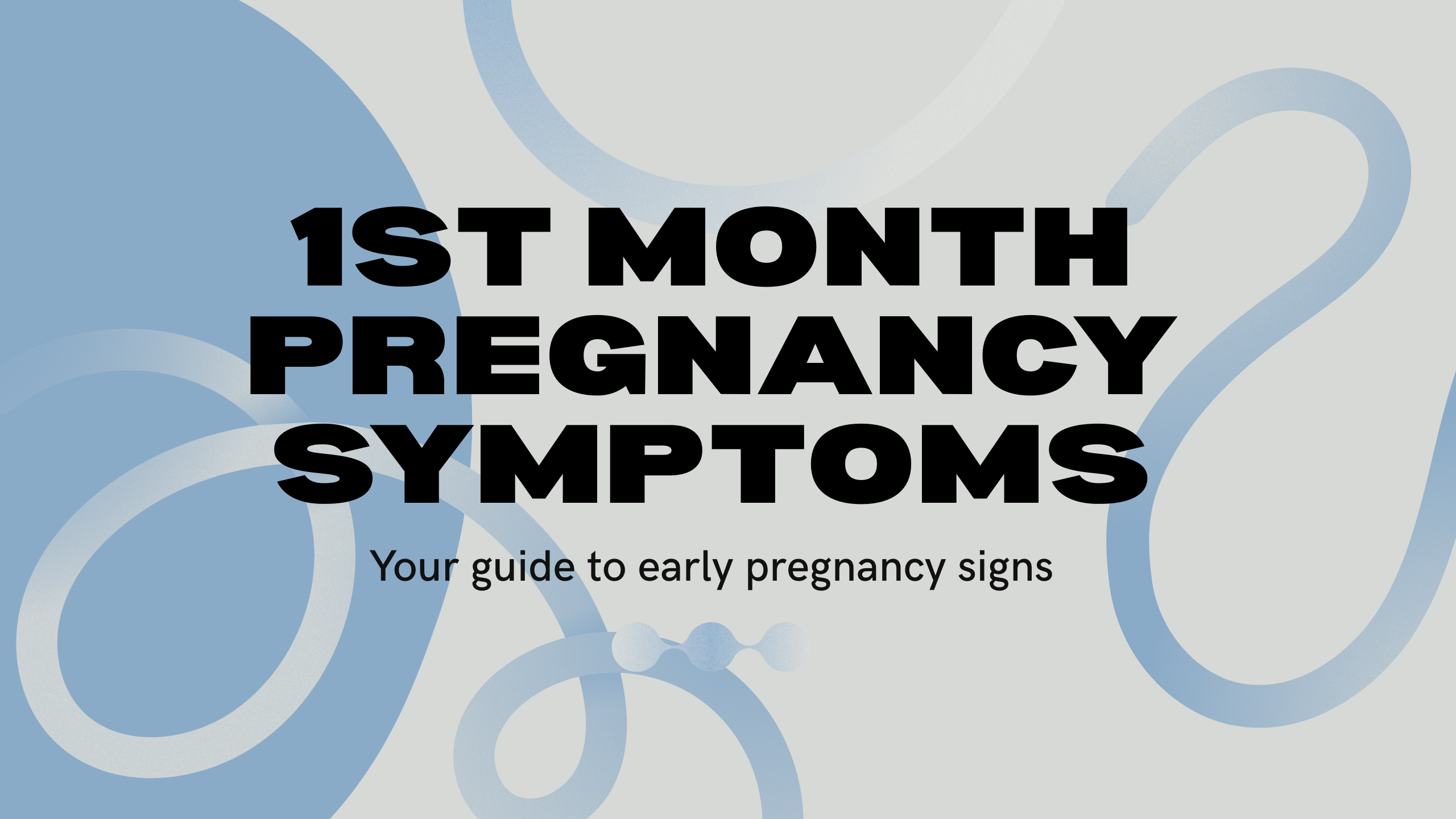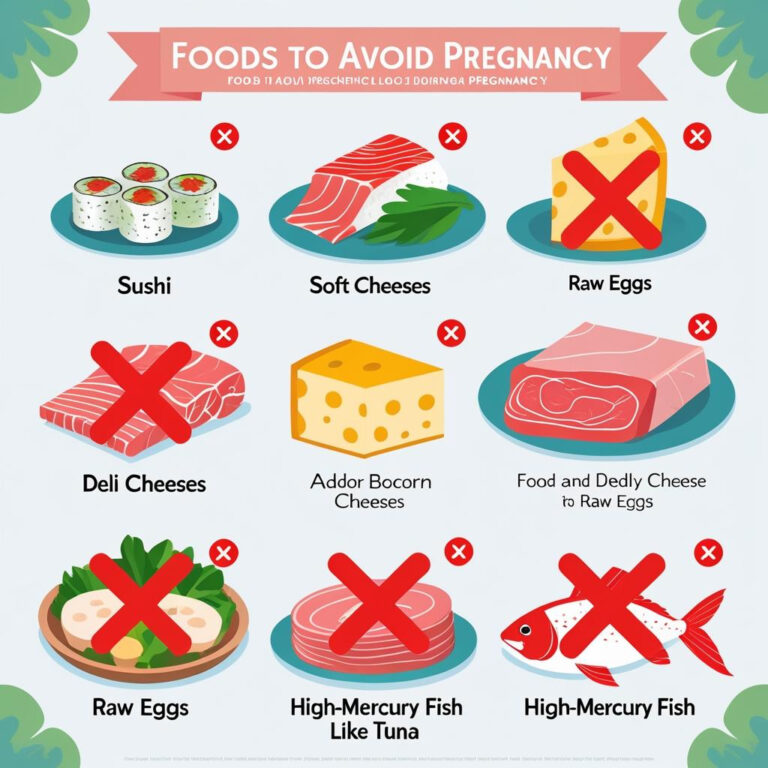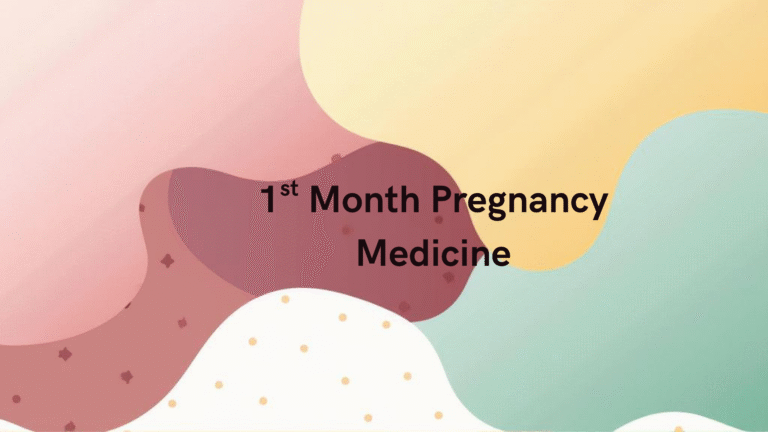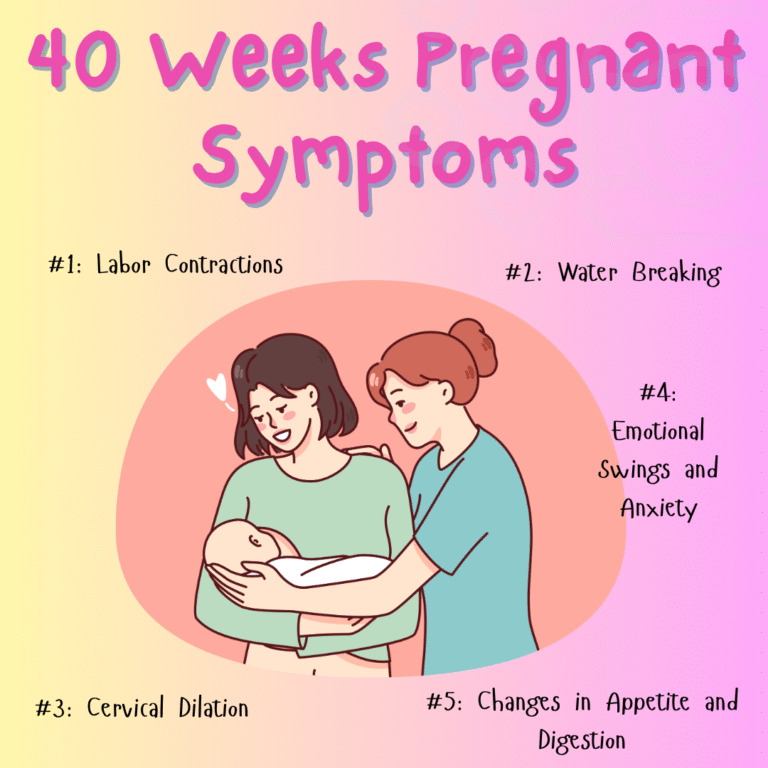
1st Month Pregnancy Symptoms
Pregnancy is a life-changing journey filled with excitement, curiosity, and sometimes confusion. For many women, the 1st month pregnancy symptoms are often subtle, making it hard to even realize that they are expecting. However, knowing these early signs can help you confirm pregnancy sooner and prepare for the months ahead.
In this blog, we will explain in detail the 1st month pregnancy symptoms, how they affect your body, and what you should do once you notice them. If you are planning for a baby or think you might be pregnant, this guide will give you the clarity you need.
Check –
- Very Early Signs of Pregnancy at 1 Week – What to Expect and Know
- 2 Weeks Pregnant Symptoms: A Detailed Guide for Expecting Mothers
- 3 Weeks Pregnant Symptoms: Spotting, Cramping, and More
- 4 Weeks Pregnant Symptoms: What You Might Be Feeling Right Now
Why Understanding 1st Month Pregnancy Symptoms Is Important
The first month is the foundation of pregnancy. During this time, the fertilized egg attaches itself to the uterine lining and begins developing into an embryo. Because the changes are so new, the first month pregnancy symptoms can be easily mistaken for premenstrual signs.
By recognizing them, you can:
- Take an early pregnancy test.
- Start prenatal care on time.
- Avoid habits that may harm the baby.
- Maintain a healthy lifestyle from the beginning.
Common 1st Month Pregnancy Symptoms
Every woman’s body reacts differently to pregnancy. Some may notice clear signs, while others may hardly feel anything in the 1st month. Still, there are some common first month pregnancy symptoms that you should look for:
1. Missed Period
The most obvious first month pregnancy symptom is a missed period. If your cycle is usually regular and you miss your date, pregnancy might be the reason.
2. Light Spotting
Some women experience light bleeding or spotting around the time of implantation. This is known as implantation bleeding and is one of the earliest first month pregnancy symptoms.
3. Breast Changes
Hormonal changes in early pregnancy cause your breasts to feel sore, swollen, or tender. The areolas may also darken. This is one of the clearest 1st month pregnancy symptoms.
4. Fatigue
Feeling extremely tired is another early sign. The hormone progesterone increases during pregnancy and makes you feel sleepy. Fatigue is among the most common 1st month pregnancy symptoms.
5. Nausea or Morning Sickness
Although nausea is more common in the second month, some women experience it in the first month itself. This is often referred to as morning sickness, a classic first month pregnancy symptom.
6. Frequent Urination
If you feel the urge to urinate more than usual, it could be an early pregnancy sign. This happens due to hormonal changes and increased blood flow to your kidneys.
7. Mood Swings
The sudden hormonal changes can make you emotional, irritable, or overly sensitive. Mood swings are one of the less-discussed but very real 1st month pregnancy symptoms.
8. Food Cravings and Aversions
Some women suddenly crave certain foods while others cannot tolerate smells or tastes they once loved. These changes in appetite are noticeable first month pregnancy symptoms.
9. Bloating
Just like before periods, bloating is common in early pregnancy. Hormones slow down digestion, causing gas and bloating, which are often 1st month pregnancy symptoms.
10. Headaches and Dizziness
Some women complain of headaches and lightheadedness. This happens due to changes in blood circulation and is considered one of the minor 1st month pregnancy symptoms.
Less Common Symptoms
Apart from the major signs, you may also notice:
- Constipation
- Increased saliva
- Metallic taste in the mouth
- Backache
- Mild cramps
Not everyone experiences these, but they can still be part of the first month pregnancy symptoms list.
Difference Between PMS and 1st Month Pregnancy Symptoms
One of the most confusing things for women is whether the signs are due to PMS (Premenstrual Syndrome) or pregnancy.
- PMS usually stops once periods start.
- 1st month pregnancy symptoms continue and may become stronger.
- Breast tenderness and bloating are common in both, but spotting and missed periods are more specific to pregnancy.
If you are unsure, taking a home pregnancy test is the best way to confirm.
When Do 1st Month Pregnancy Symptoms Start?
Most women start experiencing symptoms around 1–2 weeks after conception. Since ovulation happens in the middle of your cycle, the 1st month pregnancy symptoms may appear even before you miss your period.
What To Do After Noticing 1st Month Pregnancy Symptoms
If you suspect pregnancy, here’s what you should do:
- Take a Home Pregnancy Test – Available at any pharmacy, this test can confirm your pregnancy.
- Consult a Doctor – If positive, visit a gynecologist for confirmation and advice.
- Start Prenatal Vitamins – Especially folic acid, to support early development.
- Maintain a Healthy Diet – Eat more fresh fruits, vegetables, and whole grains.
- Avoid Alcohol and Smoking – These can harm the baby from the start.
Lifestyle Tips During the 1st Month of Pregnancy
Recognizing the first month pregnancy symptoms is just the beginning. You also need to take care of your health.
- Eat small, frequent meals to manage nausea.
- Stay hydrated by drinking enough water.
- Get enough sleep to fight fatigue.
- Do light exercises like walking or prenatal yoga.
- Avoid stress by practicing meditation or relaxation techniques.
Myths About 1st Month Pregnancy Symptoms
There are many myths surrounding early pregnancy. Let’s clear a few:
- Myth: All women experience morning sickness in the 1st month.
- Truth: Some women may not feel it at all in the first month.
- Myth: Spotting always means miscarriage.
- Truth: Light spotting is normal implantation bleeding, part of 1st month pregnancy symptoms.
- Myth: Cravings mean the baby needs that food.
- Truth: Cravings are caused by hormonal changes, not actual nutritional needs.
When To See a Doctor Immediately
While most 1st month pregnancy symptoms are harmless, you should see a doctor if you notice:
- Heavy bleeding
- Severe abdominal pain
- Fainting or dizziness
- High fever
These may indicate complications and should never be ignored.
Emotional Side of 1st Month Pregnancy Symptoms
Pregnancy is not just about physical changes. The first month pregnancy symptoms also affect your emotions. Many women feel anxious, happy, scared, or overwhelmed. It’s important to talk to your partner, family, or a counselor if needed.
Conclusion
The first month pregnancy symptoms can be exciting yet confusing. From missed periods and fatigue to mood swings and bloating, these early signs are your body’s way of telling you something new is happening.
If you suspect pregnancy, take a test and consult your doctor. Early care is the key to a healthy pregnancy. Remember, every woman’s journey is unique, so your symptoms may be different from others.
The first month pregnancy symptoms include missed periods, spotting, breast changes, fatigue, nausea, frequent urination, and mood swings. Recognizing these early signs helps you confirm pregnancy and start your prenatal journey on the right note.
Source link – https://en.wikipedia.org/wiki/Signs_and_symptoms_of_pregnancy


